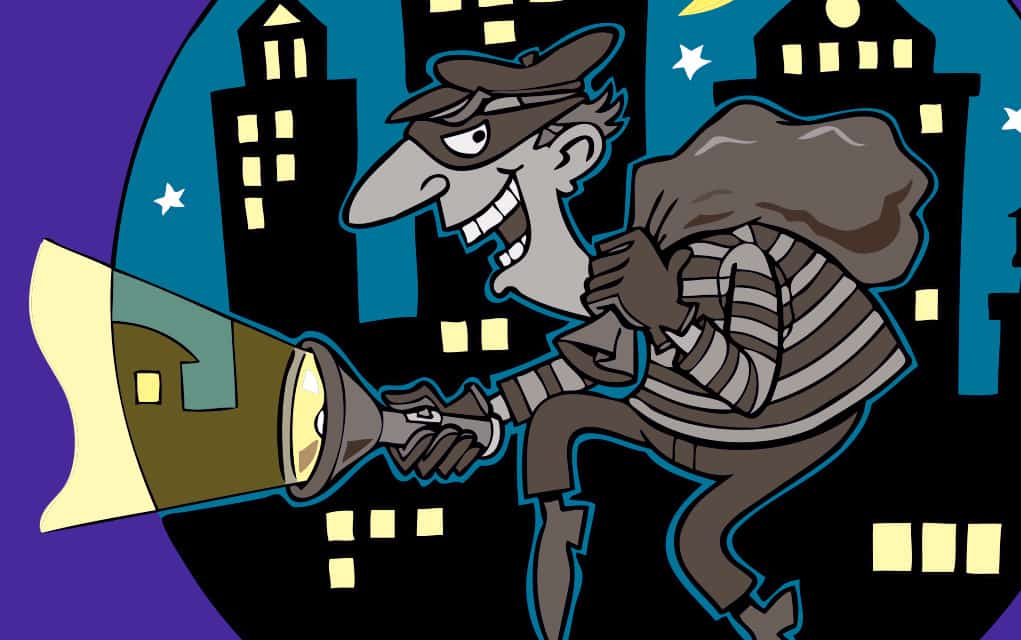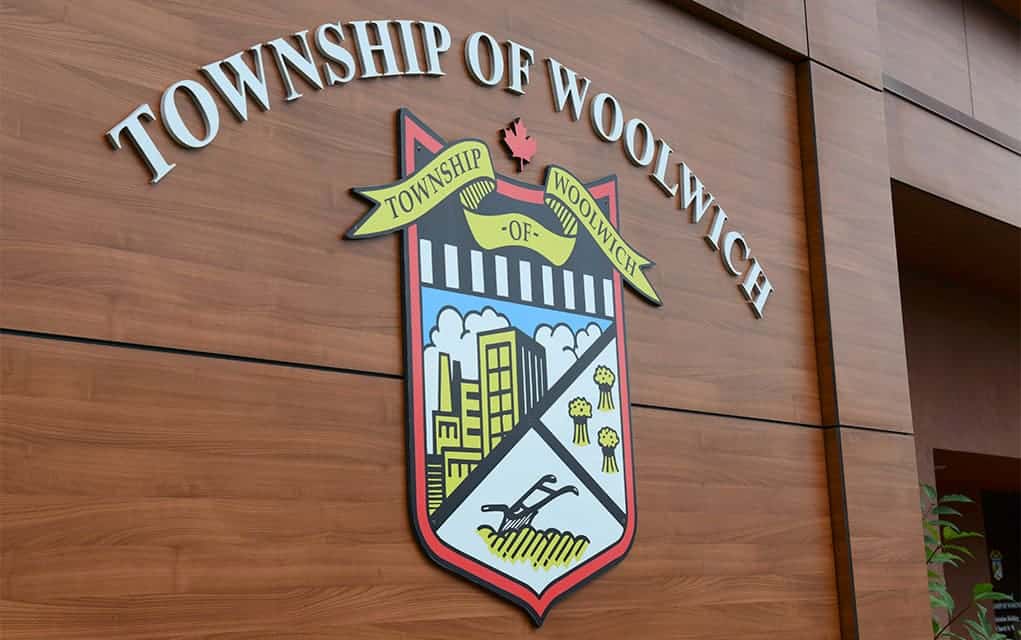A Floradale resident made all the right moves to avoid becoming the victim of fraud, and now she wants to warn other residents in the region who could fall prey to phone scammers.
On Dec. 1, Carol Norris checked her voicemails after work, and found a message left by someone purporting to be from the RCMP, requiring her to call back immediately, or she would be arrested on charges stemming from issues with the Canadian Revenue Agency.
“They called and said that I must call immediately and speak with a Constable James Morrison or my lawyer needed to call, or the situation would be badly enforced on you,” she said, mentioning that the phone number they called from, 289-301-5371, was listed in the White Pages, but didn’t have a name attached to it. “I didn’t bother calling them and I checked it out on the Internet first because they didn’t identify who the call was for. There are three people living in my house.”
Brian Williams, a senior fraud specialist with the Canadian Anti Fraud Centre, says Norris did the right thing, and the call is a common one.
“The CRA call is on the scale of 1,000 to 3,000 calls per day. It is even bigger in the United States,” he said, mentioning that the first thing to do when you are unsure of a caller or an emailer is to double check. “The advice is when a stranger contacts you by phone, mail or email, and they want something out of you, whether it is money or personal information, verify who you are dealing with.”
Like the call Norris received, Williams says one of the ways scammers gain people’s trust is by bringing up the idea they can consult a lawyer, or have a lawyer call back instead.
“Some messages are really smooth and sophisticated. There are different levels of care and attention,” he said. “One of the angles they use, because they know about the psychology of their victims, they leave the option for you or your attorney to call back. What this does, is it sets up the victim to thinking that these people would speak to a lawyer so therefore it must be on the up-and-up. What happens in reality, if you phone back and you tell them you are going to speak to a lawyer before you do anything, you will hear, ‘click.’”
Norris reported the call to both the local police and the Anti Fraud Centre, but wants to make sure that nobody in the area is tricked by the calls.
“When I received the call, I thought there are a lot of older people in our tiny little town, and how many would get that phone call, think it was legitimate and call them back?” she said. “The girl on the Anti Fraud line said I was lucky that I hadn’t called back the number. She said many people have lost thousands of dollars. I just thought it should be reported where people will read it.”
For more information on the different phone scams that are making the rounds on Canadian answering machines, or to report a potential fraud, visit www.antifraudcentre.ca.









